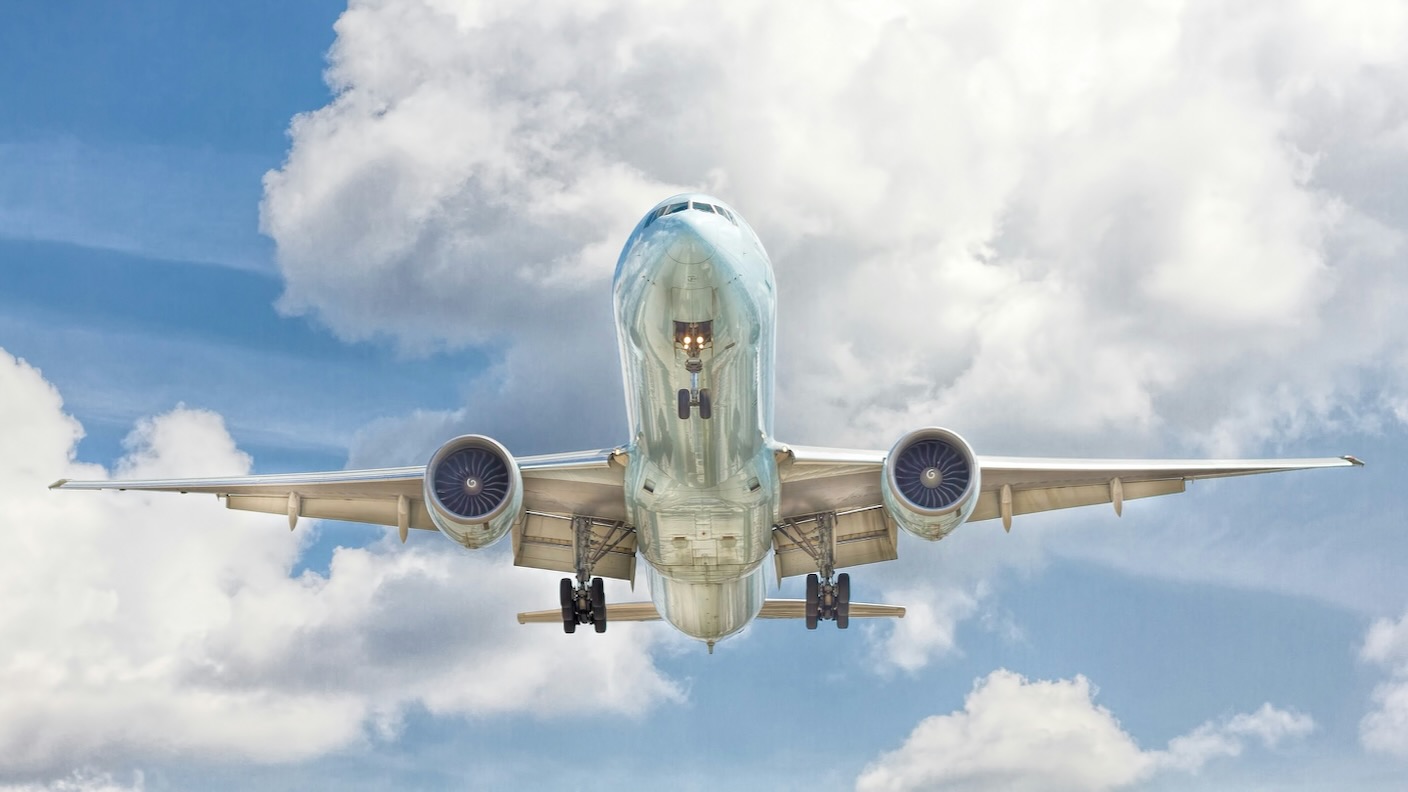Aviation has confirmed to be one of the crucial stubbornly troublesome industries to decarbonize. However a brand new roadmap outlined by College of Cambridge researchers says the sector might attain web zero by 2050 if pressing motion is taken.
The most important problem in terms of discovering alternate options to fossil fuels in aviation is primary physics. Jet gas is extremely power dense, which is essential for a mode of transport the place weight financial savings can dramatically affect vary.
Whereas efforts are underway to construct planes powered by batteries, hydrogen, or methane, none can come near matching kerosene, pound for pound, at current. Sustainable aviation gas is an alternative choice, however thus far, its uptake has been restricted, and its inexperienced credentials are debatable.
Regardless of this, the authors of a new report from the College of Cambridge’s Aviation Influence Accelerator (AIA) say that with a concerted effort the trade can clear up its act. The report outlines 4 key sustainable aviation objectives that, if carried out inside the subsequent 5 years, might assist the sector change into carbon impartial by the center of the century.
“Too usually the discussions about methods to obtain sustainable aviation lurch between overly optimistic desirous about present trade efforts and doom-laden cataloging of the sector’s environmental evils,” Eliot Whittington, govt director on the Cambridge Institute for Sustainability Management, stated in a press launch.
“The Aviation Influence Accelerator modeling has drawn on the very best obtainable proof to indicate that there are main challenges to be navigated if we’re to realize web zero flying at scale, however that it’s attainable.”
The report notes that point is of the essence. Aviation is liable for roughly 4 p.c of world warming regardless of solely 10 p.c of the inhabitants flying, a determine that’s prone to rise because the world continues to develop. Regardless of world leaders pledging to make aviation web zero, present efforts to get there will not be formidable sufficient, the authors say.
After researching the interventions that might have the largest affect and discussions on the inaugural assembly of the Transatlantic Sustainable Aviation Partnership at MIT final yr, AIA got here up with 4 focus areas that might put these objectives inside attain.
The primary of those is to scale back contrails. Whereas many of the focus is on emissions from burning jet gas, the era of persistent contrails can lure warmth in ambiance and add considerably to warming.
Contrails may be prevented by adjusting an plane’s altitude in areas the place they’re most certainly to be fashioned, however the underlying science is poorly understood as are potential methods for adjusting air visitors. Due to this fact, the report suggests establishing a number of “dwelling labs” in present airspace to conduct information assortment and experiments. These needs to be prepared by the top of 2025, say the authors.
The second objective is to scale back the quantity of gas airplanes use by introducing new plane and engine designs, enhancing operational effectivity of the sector, or simply getting plane to fly slower. To catalyze motion, governments must set clear insurance policies, comparable to establishing gas burn discount targets, mortgage ensures for brand new plane purchases, or incentives to scrap previous airplanes.
The third objective is to make sure sustainable aviation gas is definitely sustainable, and its manufacturing is scalable. Most sustainable fuels depend on biomass, however limitations on manufacturing and competitors from different sectors might imply they’ll’t notice the hoped for emissions reductions.
Within the close to time period, the report suggests aviation must work with different industries to set greatest practices and restrict complete cross-sector emissions. And in the long term, the trade must make efforts to search out alternative routes to develop artificial sustainable fuels.
Lastly, the report argues the trade additionally must spend money on “moonshot” applied sciences. By 2025, aviation ought to launch a number of high-risk, high-reward demonstration packages in applied sciences that may very well be really transformative for the sector. These embody the event of cryogenic hydrogen or methane fuels, hydrogen-electric propulsion know-how, or the usage of artificial biology to dramatically decrease the power calls for for sustainable gas manufacturing.
The report’s authors stress that, though they’re assured these interventions might have the specified affect, time is of the essence. Historical past means that getting world leaders to take decisive motion on local weather points is difficult, however not less than they now have a concrete roadmap.
Picture Credit score: John McArthur / Unsplash


